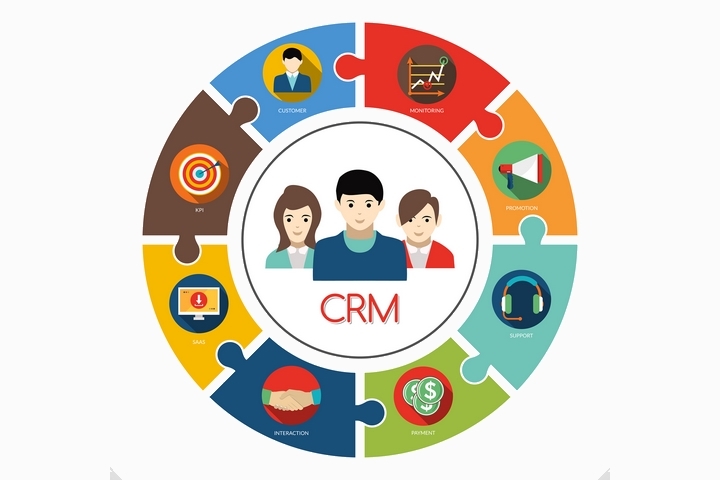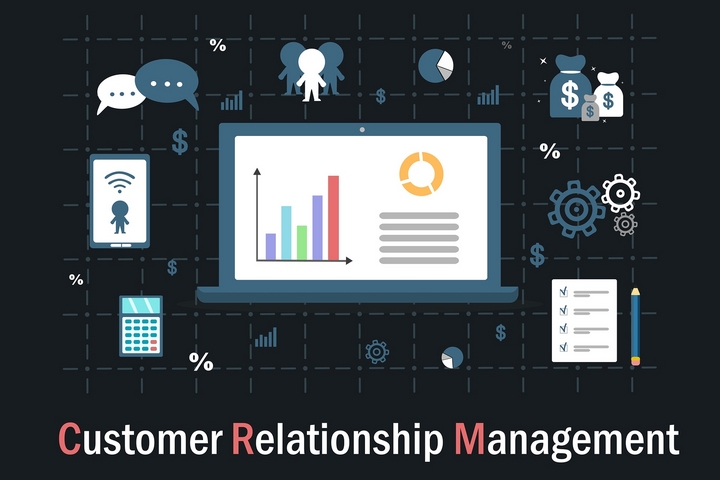Many CRM solutions available today offer tons of features in an attempt to attack customers, but there are only a few core features that will have the most impact on your real estate business.
While you’re investigating all of your available options for CRM, focusing on the features you will actually need and use will prevent you from becoming distracted or overwhelmed by all of the unnecessary bells and whistles. Current business conditions indicate there are several CRM features most businesses must have. Keep reading to learn more.
1. Remote Access

Any CRM that you can only use in the office isn’t really a good solution at all. You should be able to enter data into your CRM from any location: from potential clients’ homes, from on the road, and wherever else you may want. Remote workers should never be held back by a dumbed-down version of the CRM; they should have full access to the whole program and everything it offers. Another thing to consider is that an increasing number of employees work from home.
2. Simplicity and Ease of Use

There’s no point paying for a real estate CRM if no one will use it. Any program that is hard to use and hard to implement into daily routines is a giant waste of money and time. A CRM that’s too hard to use will kill off team motivation. Simplicity is the name of the game here.
3. Strong Multichannel Support

Support has to be available via different channels. Instant chat lines, online email submissions, and a service phone number are all good to have, mostly because you never know where you will be when you need help. An FAQ website page can help people troubleshoot when they have the option or ability to do so.
4. Mobile Access

Unlike remote access, which means seeing the CRM data on a computer screen from various places, mobile access is the ability to see CRM on a handheld device like a smartphone or tablet. This is important for sales people who need to be able to access sales collateral, contact info, organizational schedules, data from back-office systems, and other basics. Mobility can help support the overall business and the CRM should be integrated with mobility in order to optimize all the processes.
5. Integrated Analytics

You have to be able to understand the data that is collected, and understand what it means before you can use it for future action. CRM solutions have to be able to offer you access to decision-making analytics that you can use for both marketing and sales. You should be able to choose target consumer groups, campaigns, measure results, and more, across multiple channels.
6. Flexibility and Customization

Every successful CRM product is customized in one way or another. This means you should always start out with a CRM that is flexible and customizable. It has to be able to support your company’s processes or you won’t get what you need out of your investment. If you are a realtor with lots of clientele, the ability to customize the real estate CRM has to be simple, straightforward, and easy to apply throughout the process. A critical part of the CRM is the ability to customize the dashboard.
7. Master Data Management/List Management

The CRM you choose should be able to manage multiple lists to allow you to perform real-time list segmentation and data management.
8. Follow-Up Tracking and Lead Generation
![]()
You can’t always remember to do all the right things when it comes to sales. A CRM that is strong in lead generation and follow-through can save a business. This can be done both through reminders to sales people as well as automated customer communications.














